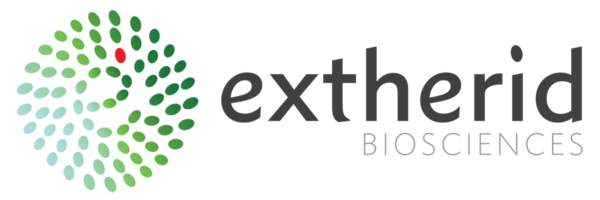Find out how our customizable infectious disease models will help accelerate your preclinical testing to achieve your goals in a cost-effective manner.
Mucosal tissue is an ideal environment for microbial growth, making the PMM an excellent application for testing the efficacy of products to treat infectious disease pathogens. We can test for efficacy against planktonic and biofilm infections with this model.
Porcine skin testing is commonly used to test formulations or compounds that are applied to the skin (e.g., presurgical products). We can track efficacy against host flora or seed the skin with known pathogens and track how they respond to the compound. We can apply this testing to large or small areas of skin.
Our reactors serve as a testing platform for drugs and devices intended to inhibit biofilm formation on abiotic surfaces. We can determine whether or not, and to what degree, bacteria form biofilms in the presence of your materials.
Using our human skin model, we can perform research on known human pathogens. The most common organisms we use are methicillin-resistant Staphylococcus aureus, multidrug-resistant Pseudomonas aeruginosa, and Acinetobacter baumannii. Infections can be planktonic or biofilm.
Learn more 